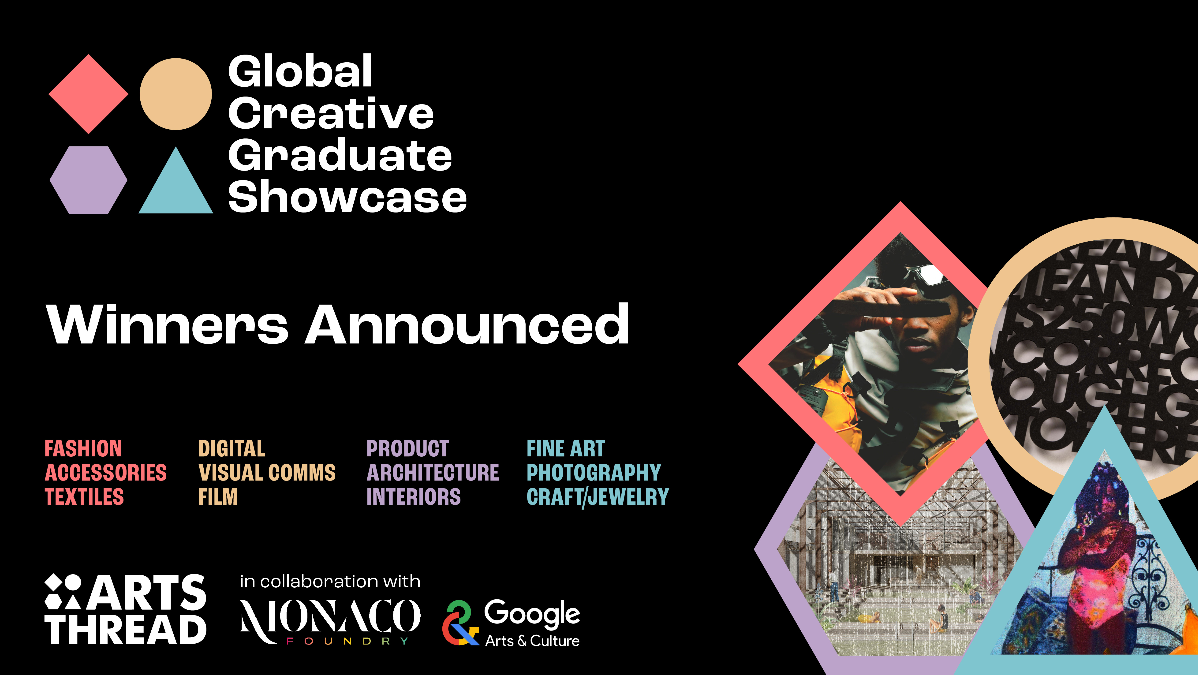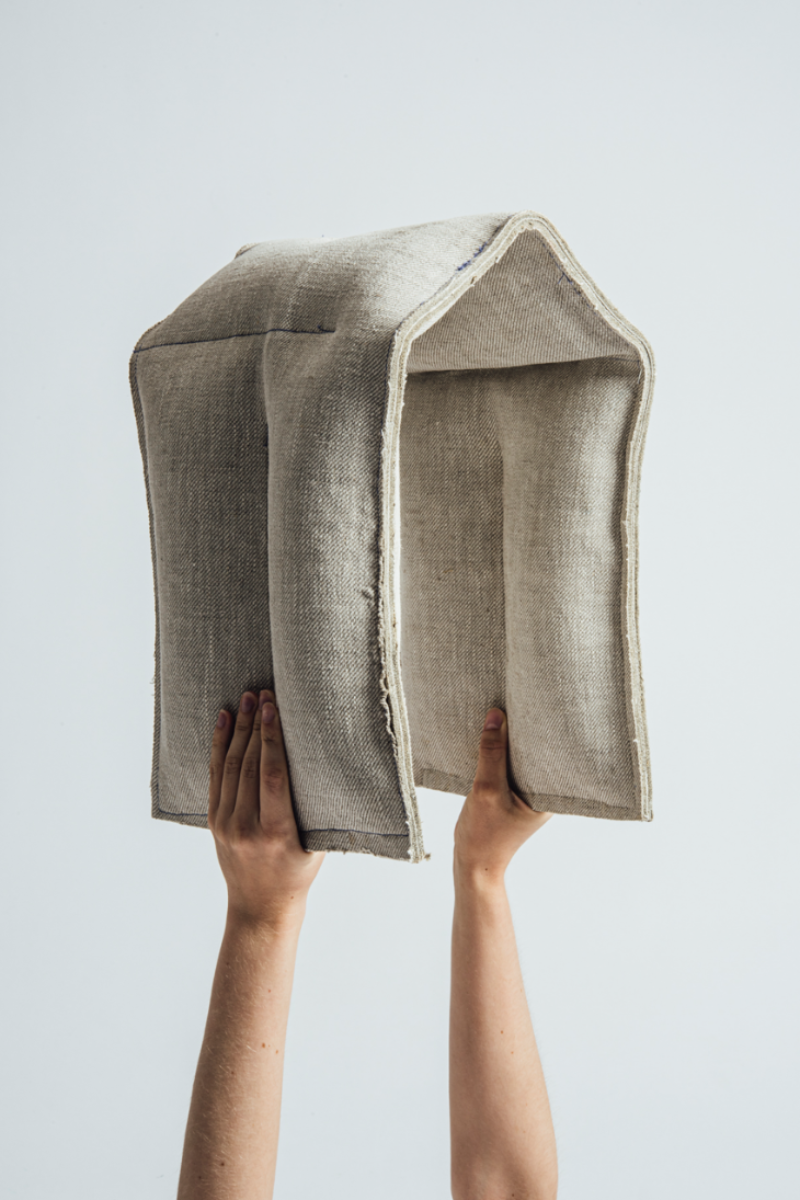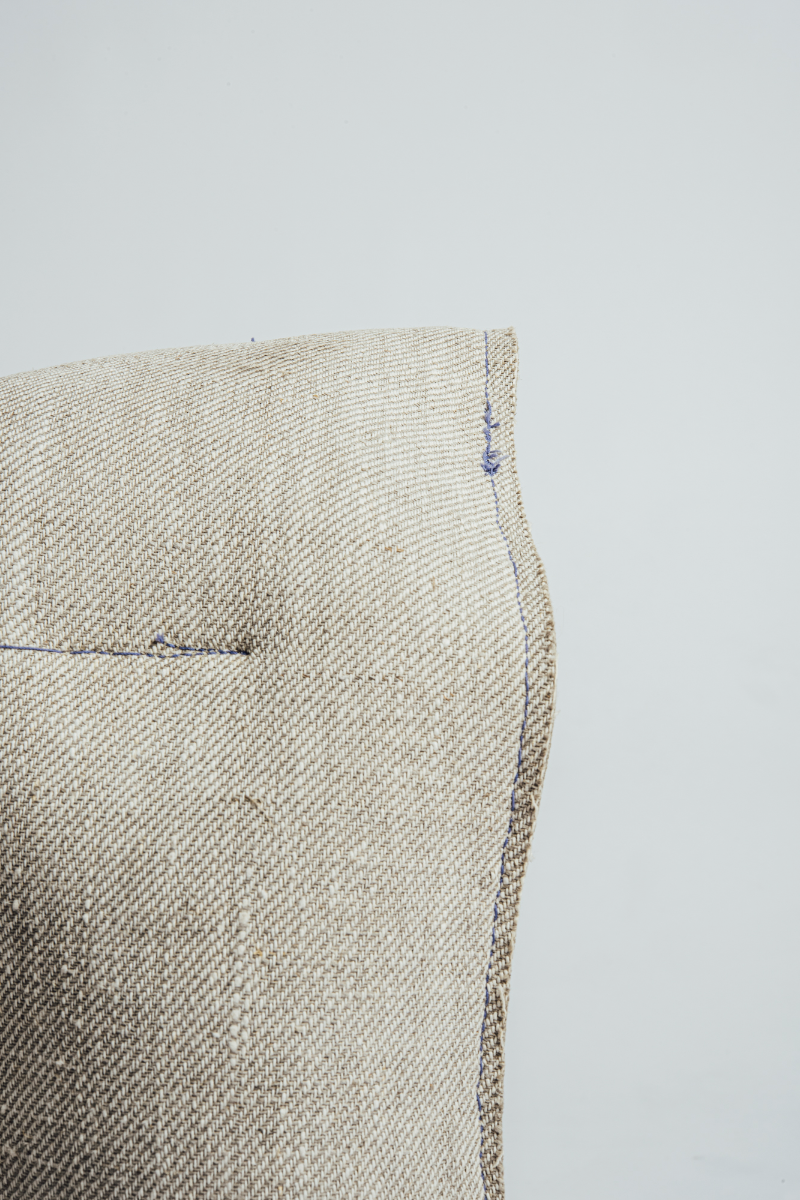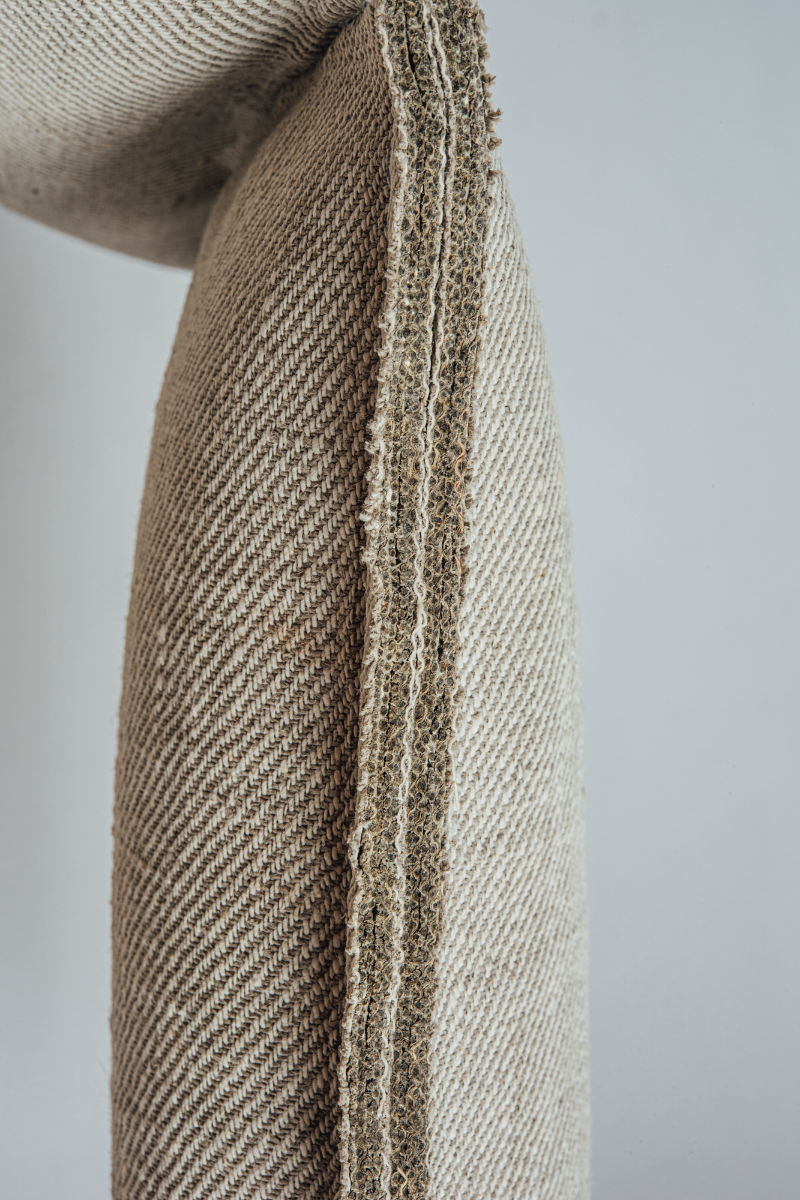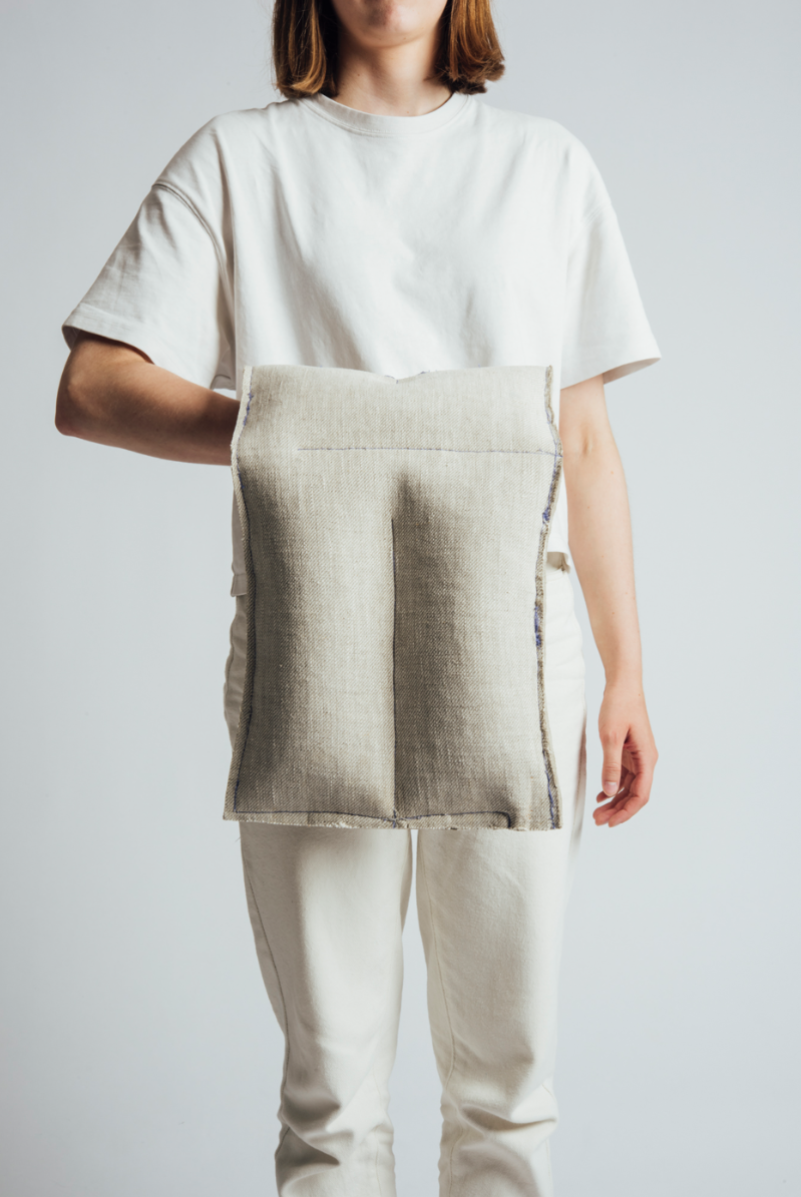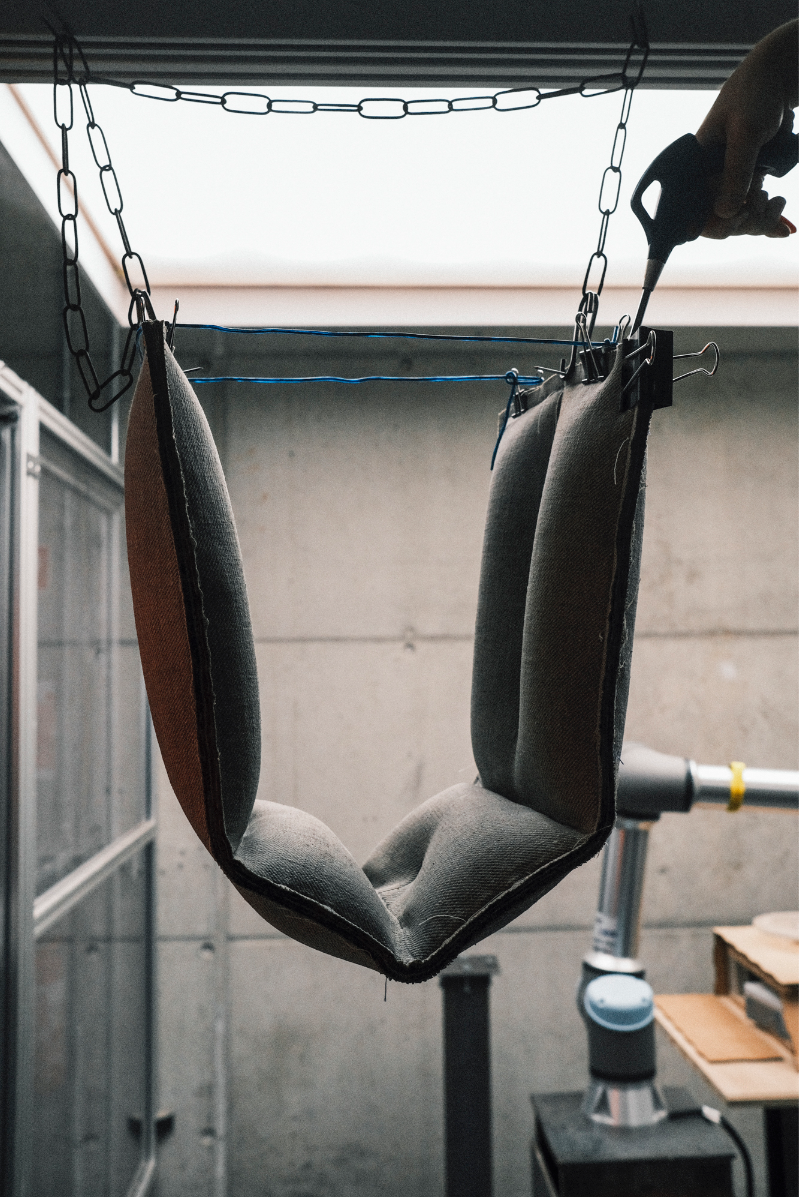Benedikt Trojer
Textil and material design
Weißensee Kunsthochschule Berlin
Specialisms: Design Research / Material Innovation / Product Design
Location: Berlin, Germany
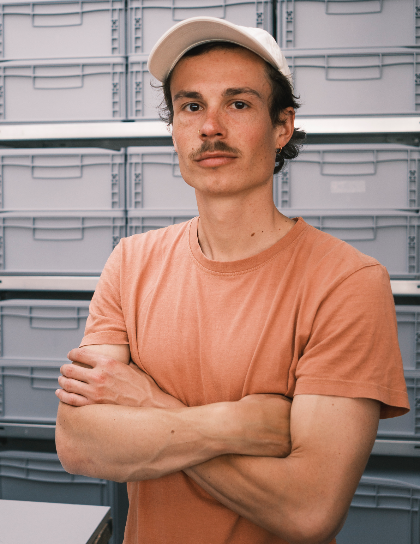
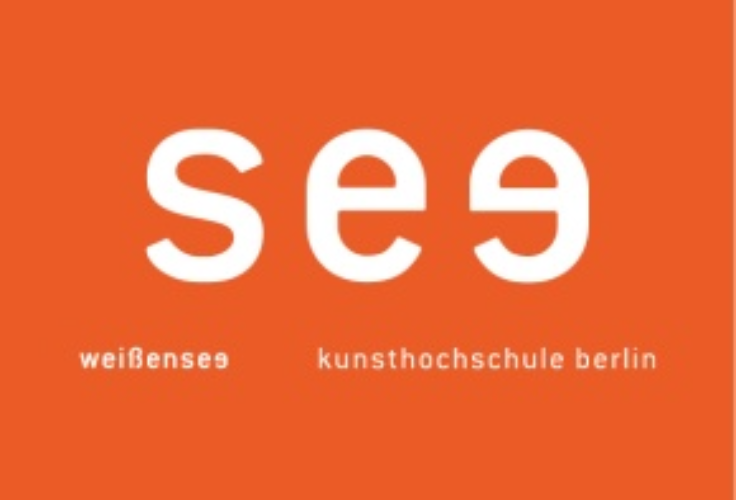
Benedikt Trojer

First Name: Benedikt
Last Name: Trojer
Specialisms: Design Research / Material Innovation / Product Design
Sectors:
My Location: Berlin, Germany
University / College: Weißensee Kunsthochschule Berlin
Course / Program Title: Textil and material design
About
At the intersection of design, craft, and ecology, Benedikt Trojer develops materials
and objects that reimagine waste, agriculture, and biological processes. His practice investigates overlooked resources and translates them into regenerative pathways.
He previously worked for Nitzan Cohen, Max Boiger and the award-winning designer Jonas Edvard.
Working between Berlin and South Tyrol, he creates prototypes and design systems that challenge linear production chains, opening possibilities for circular ecosystems. Through experimentation and collaboration, Benedikt develops new material languages—grounded in research, guided by ecology, and shaped by cultural memory.
What the Flax is a material research project that explores the potential of inflating flax composites into shape using sustainable materials and binders. By creating a biobased composite, which can be sewn, hung, and blown up, tailor-made solutions become feasible, offering strength and stability dependent on shape and cross sections. Unlike traditional methods, this technique avoids the need for expensive moulds and non-recyclable binders. Inspired by the memory of an elderly mountain farmer who used flax for nearly everything, the project challenges conventional textiles, aiming for a new aesthetic marked by confusion and innovation. Additionally, it seeks to reconnect the material with the soil and its farmers, demonstrating new possibilities for flax cultivation in the Alpine region, where it has not been economically viable for many years.
Competitions
